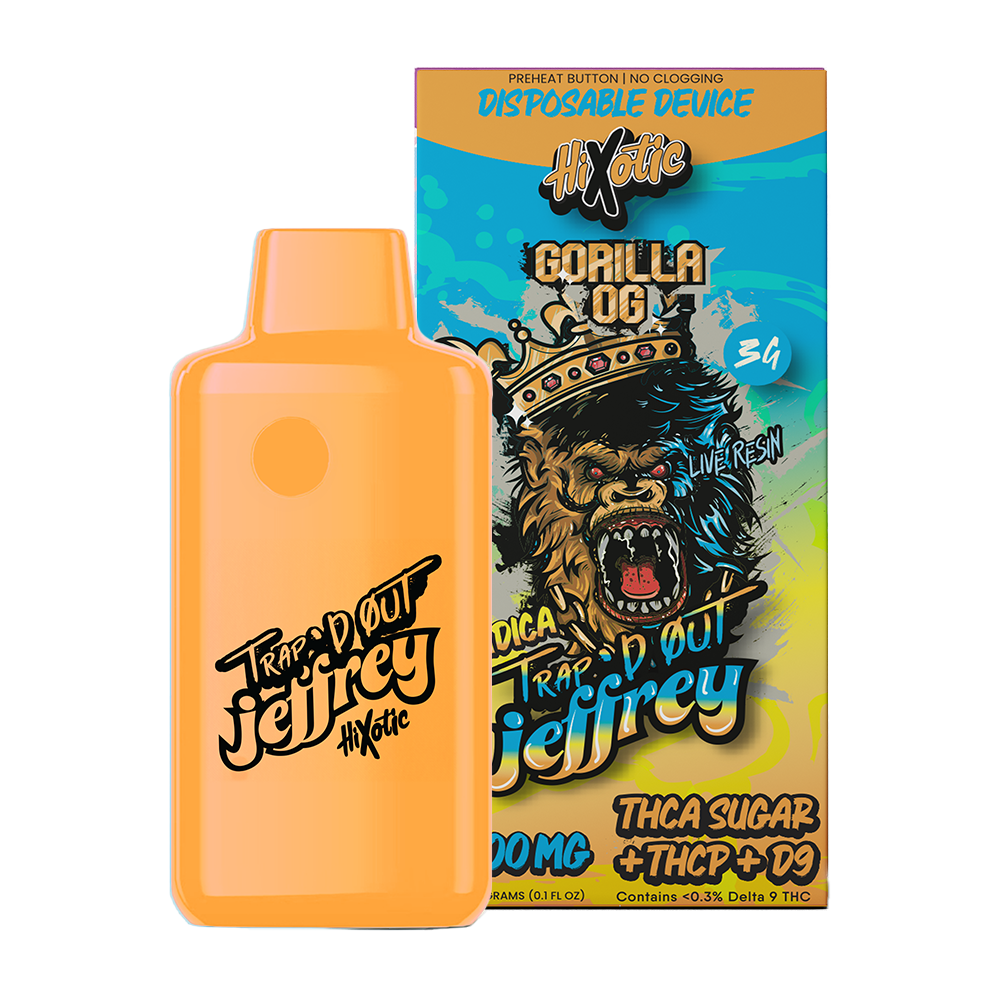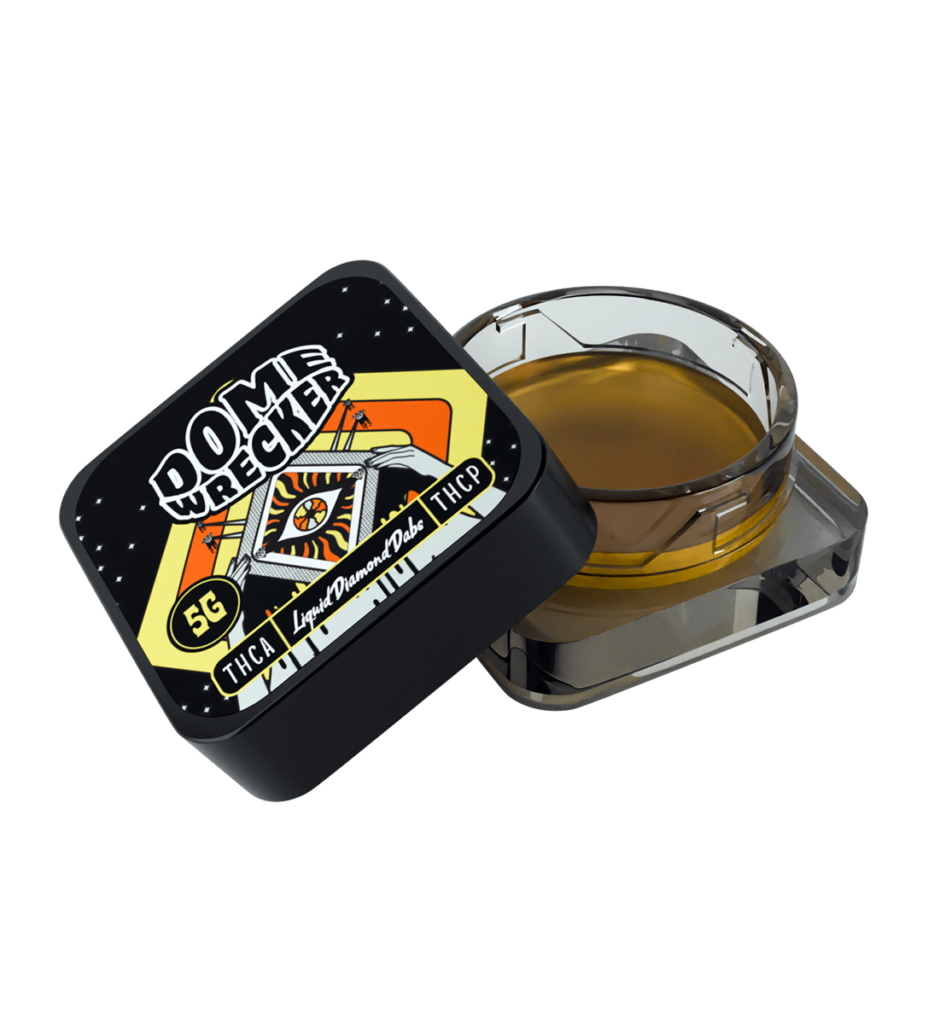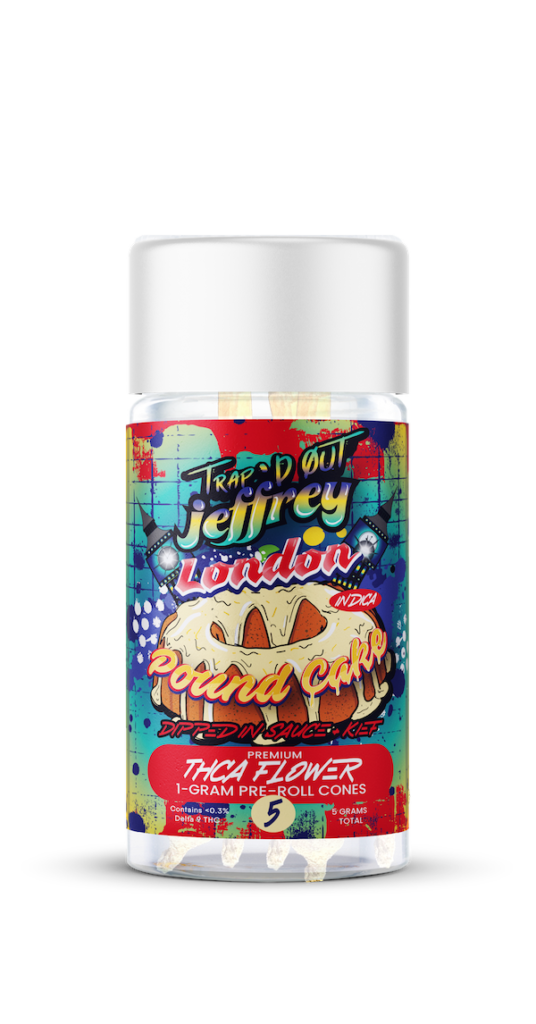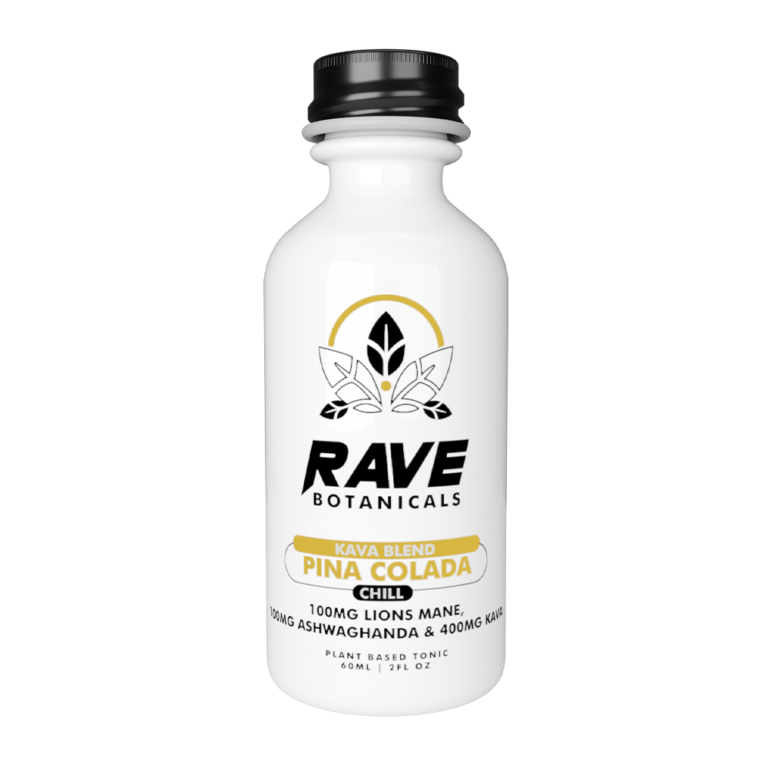
How Long Do Shrooms Stay in Your System and Can They Cause a Failed Drug Test Result?
Shrooms, magic mushrooms, psilocybin, whatever you call them—they’ve earned their spot as the cool, mystical fungi that can take you on a journey through vibrant









Did you know there are two huge trends in the natural world at the moment? Those would be kratom and cannabinoids derived from cannabis – in particular, those of a psychoactive nature. Because of how popular both intriguing substances are, we just gotta compare them to one another, since they do share a surprising number of things in common, yet each display clear differences that can play a major role in determining which of the two is best for you.
Kratom is the dried, ground up leaves of the Mitragyna speciosa tree, an evergreen tree native to Southeast Asia, and a relative of the coffee family. The leaves are rich in alkaloids associated with our physical and mental wellbeing. Kratom is generally associated with analgesic, anxiolytic, and stimulating effects, and it’s commonly compared to an opioid due to the receptors that it interacts with in the brain. The exact effects that you get from a kratom product depend on the product type, the dosage, the strain, and the vein (the color of the leaf vein, which determines how mature the leaf is).
Kratom is, in fact, said to be intoxicating, if consumed in a high enough dose. People compare the high to that of morphine, and again, depending on the type of kratom product you take and the dosage you consume, the high can be more stimulating or more sedating.
Kratom is federally legal, as it turns out, but some states have banned it:
At the same time, certain counties and municipalities have outlawed kratom even in states where it’s otherwise legal, so please check to see if it’s legal where you live.
Kratom is not regulated in the United States yet, and more studies are needed before we can verify any potential benefits. For the time-being, however, it seems to:
Kratom is used widely around the world and is not known for being a dangerous substance. However, it can cause side effects, which can potentially be more severe than those associated with cannabinoids, such as:
Kratom comes in a small variety of product types which include:
Now, let’s talk about THC-based cannabinoids. Cannabinoids are compounds in the cannabis plant that are mainly responsible for the plant’s effects. THC-based cannabinoids include:
All of these cannabinoids are responsible for producing a high (the potency of the high depends on the cannabinoid itself), by attaching to specific cannabinoid receptors in the brain. Not to mention, they all interact with other cannabinoid receptors in the body – mainly the nervous system – to regulate processes we rely on for our physical and mental wellbeing.
Cannabinoids are used by the body’s endocannabinoid system, which is a network of cannabinoid receptors that take cannabinoids like the ones above, through a binding process. his enables processes of the body to become regulated, which is why cannabinoids play a role in homeostasis, and are associated with so many potential positive benefits. There are, in fact, over 100 individual cannabinoids found in the cannabis plant.
Again, THC-based cannabinoids are intoxicating, as they work with cannabinoid receptors responsible for producing psychoactive effects. Some cannabinoids present more of a mild buzz, like delta 8 THC, while others are very, very strong, like THC-P.
THC-based cannabinoids like the ones listed above are legal to an extent. They comply with the law, which states that all hemp products must contain a maximum of 0.3% delta 9 THC to be sold legally. But, some states have banned these cannabinoids, and those states are:
The cannabis plant’s cannabinoids have been studied more extensively than kratom in the United States, so we have a better grasp of what they’re capable of. Because of the nature of cannabinoids, these compounds can:
The side effects associated with cannabis are mild and non-life-threatening, as cannabis is a nontoxic plant to the human body. Still, they can cause certain side effects, such as:
Cannabinoids in general come in the same variety of product types, which include:
Both kratom and THC-based cannabinoids can give you all kinds of desirable effects, except through totally different means. And, while you’re free to try them both out, we do recommend taking them at separate times, since researchers have yet to determine whether or not they may interact with one another. If you’re ready to dive into the world of kratom, explore the products at Rave Kratom. Here, you will find a wide array of product types, strains, strengths, and more.

Shrooms, magic mushrooms, psilocybin, whatever you call them—they’ve earned their spot as the cool, mystical fungi that can take you on a journey through vibrant

Mushrooms have taken the health and wellness scene by storm. From functional mushrooms like Lion’s Mane and Reishi to psychedelic varieties making their way into